Conquer the Virtual Skies: Key Strategies for Ace Pilots in Flight Simulator
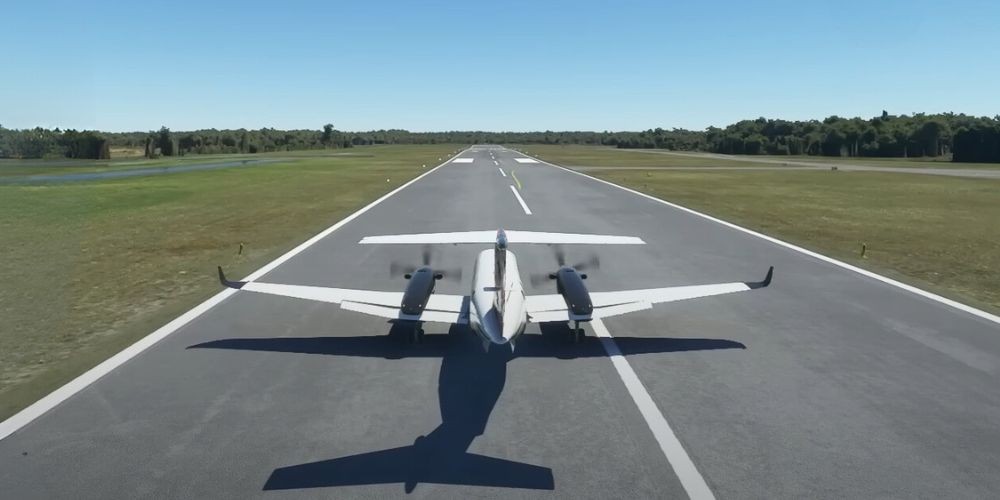
Aviation enthusiasts and gamers alike find joy in the realistic experience offered by flight simulation games. One of the tentpoles of this genre is the intricate attention to detail and fidelity to real-world flying. Whether you're a novice or an experienced pilot in the virtual realm, there's always room for growth. In this article, let's take a flight through some truly advantageous tips to help you ascend from a rookie to a virtuoso pilot in the world of Flight Simulator.
Flight simulation games like Microsoft's Flight Simulator provide an incredibly detailed and nuanced flying experience that can be daunting at first. However, with the right strategies and a bit of practice, you can master the controls and navigate the skies like a pro. Here are various features and scenarios to explore:
Navigating the Digital Cockpit
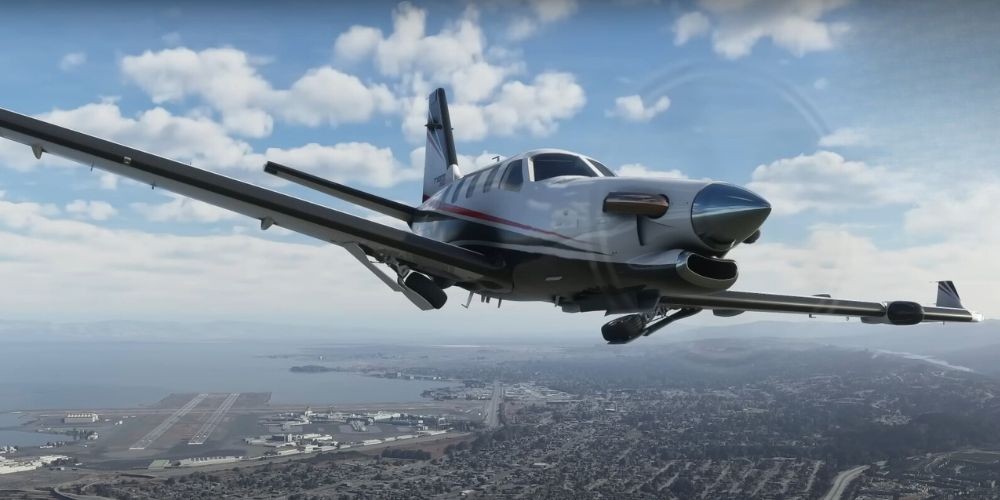
First and foremost, familiarity with the controls is crucial. Let's break it down:
- Control Basics: Start with understanding the fundamental control surfaces of your aircraft: ailerons, elevators, and rudders.
- Instrument Panel Mastery: Learning to read your primary flight display (PFD) and navigation displays will greatly improve your situational awareness.
- Autopilot Features: Get to know the autopilot system, which can help with long flights and managing complex systems.
Realistic Weather Encounters
Weather can be unpredictable and a major challenge, even for seasoned pilots:
- Pre-Flight Weather Check: Study weather patterns before takeoff to plan accordingly.
- Instruments Over Instinct: Trust your instruments more than your senses when visibility is poor or when facing strong winds.
- Emergency Procedures: Have a protocol for dealing with severe weather, such as sudden storms or icing conditions.
Seamless Takeoffs and Landings
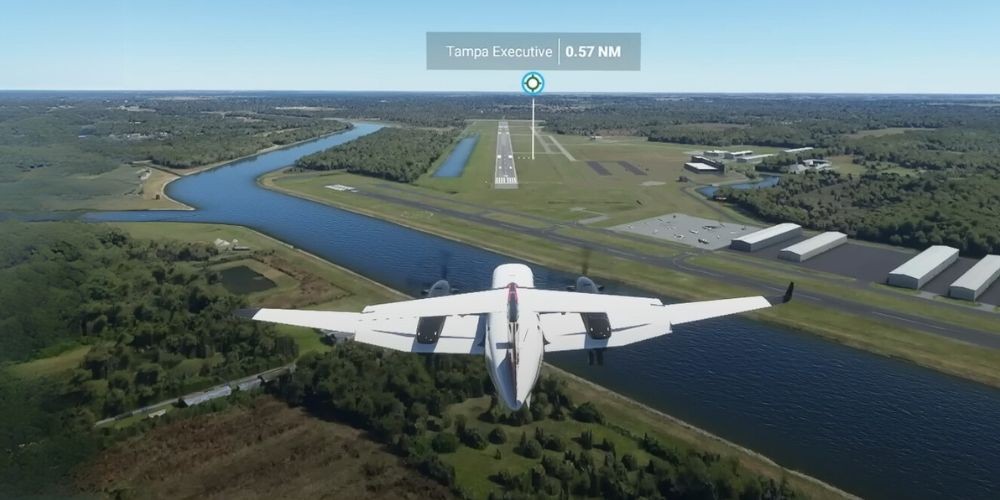
Perhaps the most critical steps in any flight are the takeoff and landing:
- Runway Analysis: Before taking off, analyze the runway length and surrounding terrain.
- Approach Path: Familiarize yourself with standard approach patterns and practice them regularly.
- Touchdown Techniques: Learn the differences in landing techniques, like flare and de-rotation, especially in diverse weather conditions.
Managing Flight Emergencies
Unexpected events test a pilot's mettle, so being prepared is non-negotiable:
- Engine Failures: Practice engine-out scenarios and immediate actions to keep the aircraft under control.
- System Malfunctions: Learn how to identify and troubleshoot common avionic system failures.
- Calm Mindset: Always remain calm; practice emergency scenarios to build confidence.
Advanced Navigation Skills
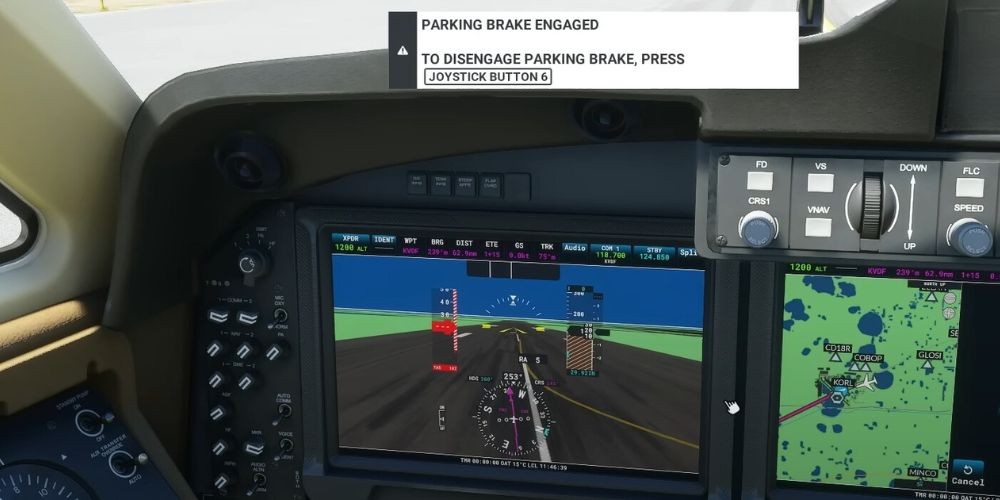
As you delve deeper into flight simulation, more advanced navigation skills become necessary:
- VOR Tracking: Understanding VOR navigation can be a fun challenge and is essential for IFR flights.
- GPS Use: Master the use of your aircraft's GPS system for precise routing and situational awareness.
- Flight Planning Software: Utilize flight planning tools to prepare for longer routes and complex airspace.
Efficient Use of Resources
Maximize your Flight Simulator experience with additional resources:
- Online Communities: Join social media forums or groups to get tips from other modeling enthusiasts.
- Add-Ons and Mods: Explore the plethora of available mods that enhance realism or introduce new aircraft and scenery.
- Pilot Handbooks: For a better understanding of the systems and procedures, read the operating manuals of the actual aircraft.
Continual Learning and Practice
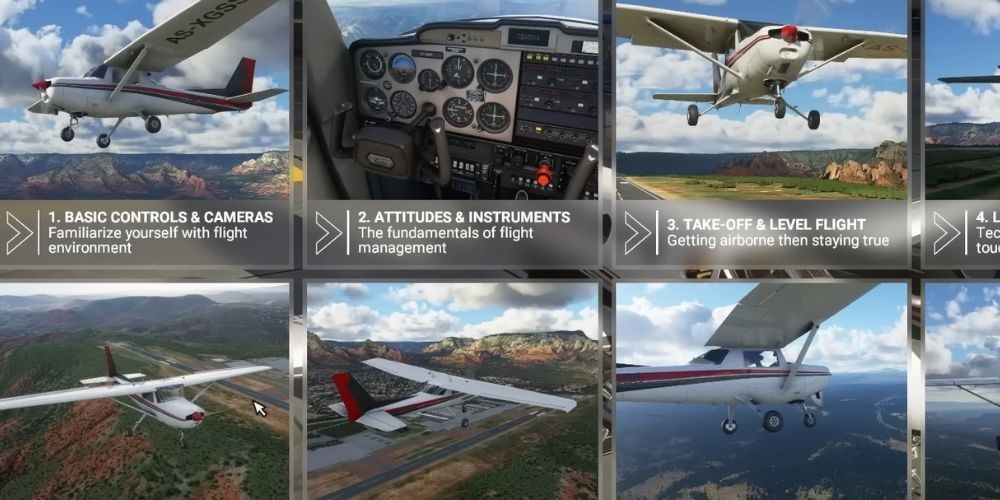
Building expertise in flight simulation is a journey:
- Tutorial Missions: Pay attention to in-game tutorials; they are a gold mine for learning the ropes.
- Varied Aircraft Experience: Fly different types of aircraft to understand their unique handling properties and systems.
- Regular Sessions: Consistent practice is the key to retaining muscle memory and decision-making skills.
With this comprehensive article, I hope to have provided you with an arsenal of knowledge that will not only enhance your proficiency in flight simulation games but also provide an endlessly rewarding experience. Taking the time to understand and execute these strategies, will no doubt set you on a path to achieving virtual piloting greatness. Remember, every professional started as an amateur, and with steadfast dedication, the sky's not just the limit — it's your playground.
Latest Articles
-
![Budding Fortunes: Navigating the Intricate World of Animal Crossing Money Trees]()
- Feb 22, 2026
-
![Embracing New Magic: The Dawn of a Fresh Wizarding Journey]()
- Feb 22, 2026
-
![Romania's High-Stakes Counter-Strike 2 Playoffs: The Road to Glory]()
- Feb 22, 2026
-
![Ancient Shadows and Fluid Combat: A Journey Through Nioh 3's Mystical Japan]()
- Feb 08, 2026











